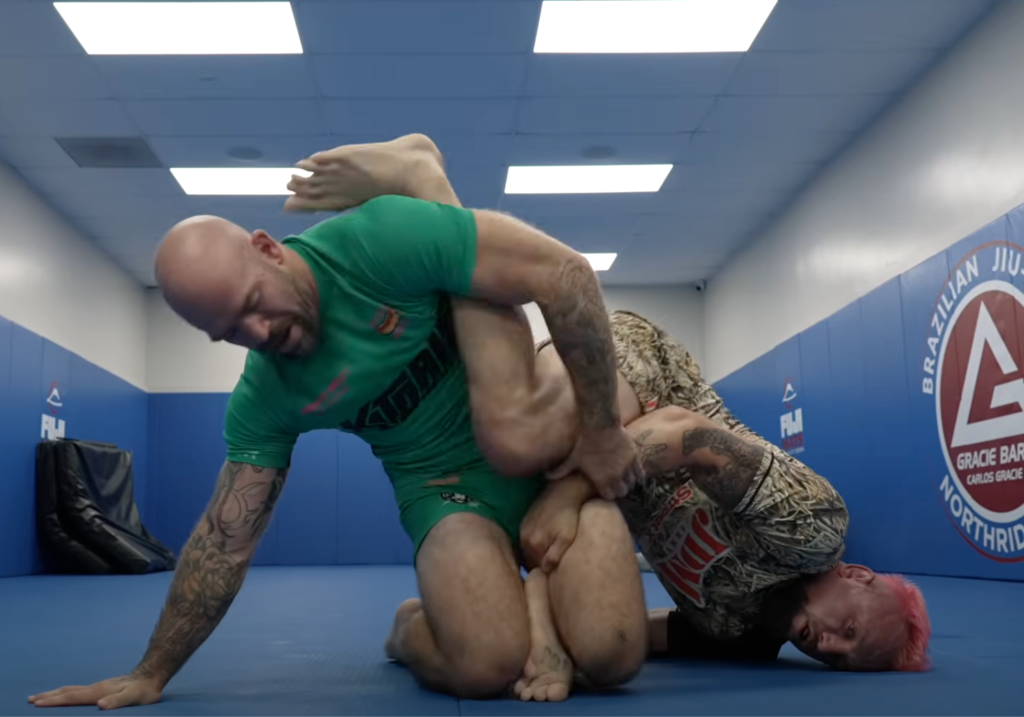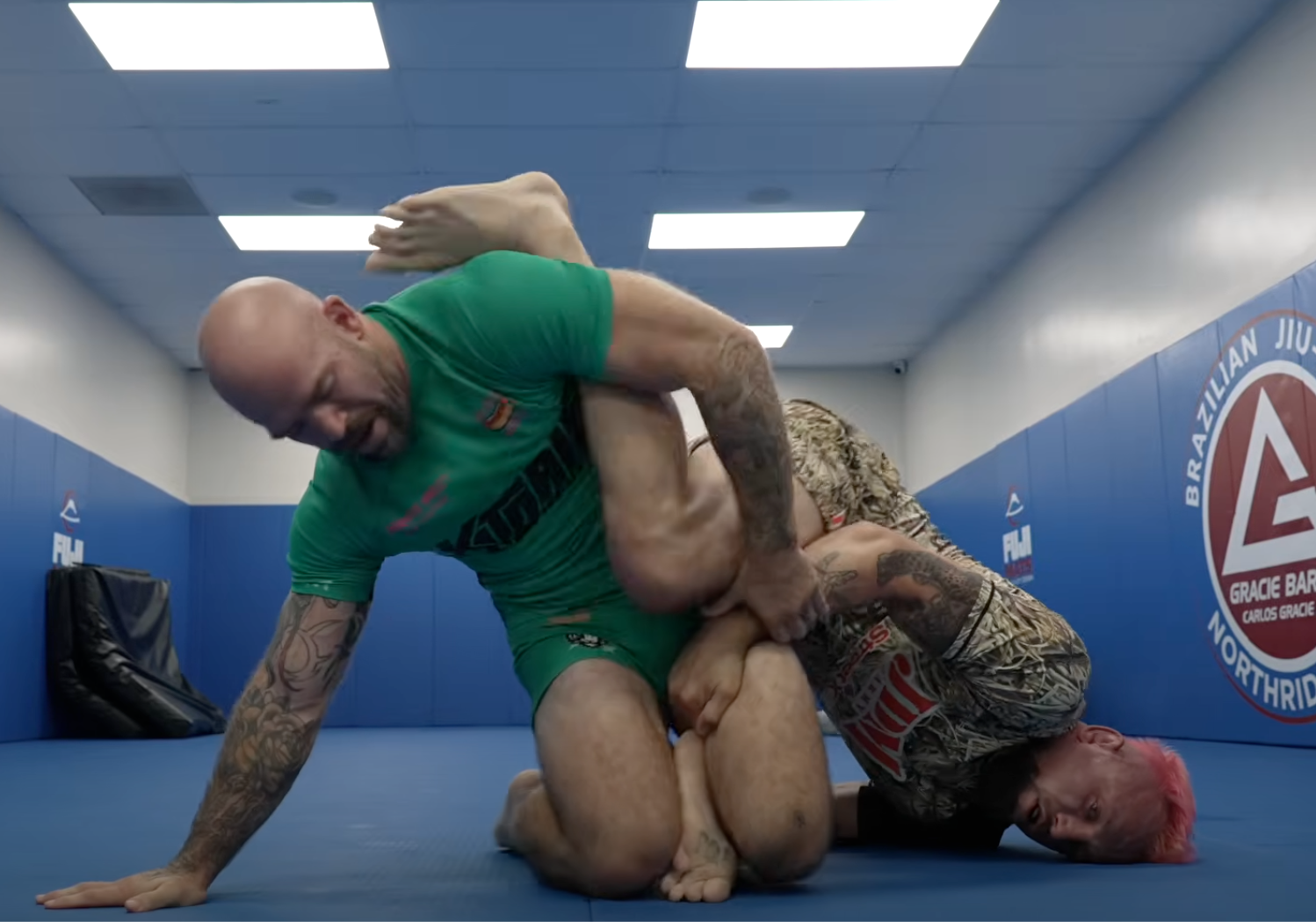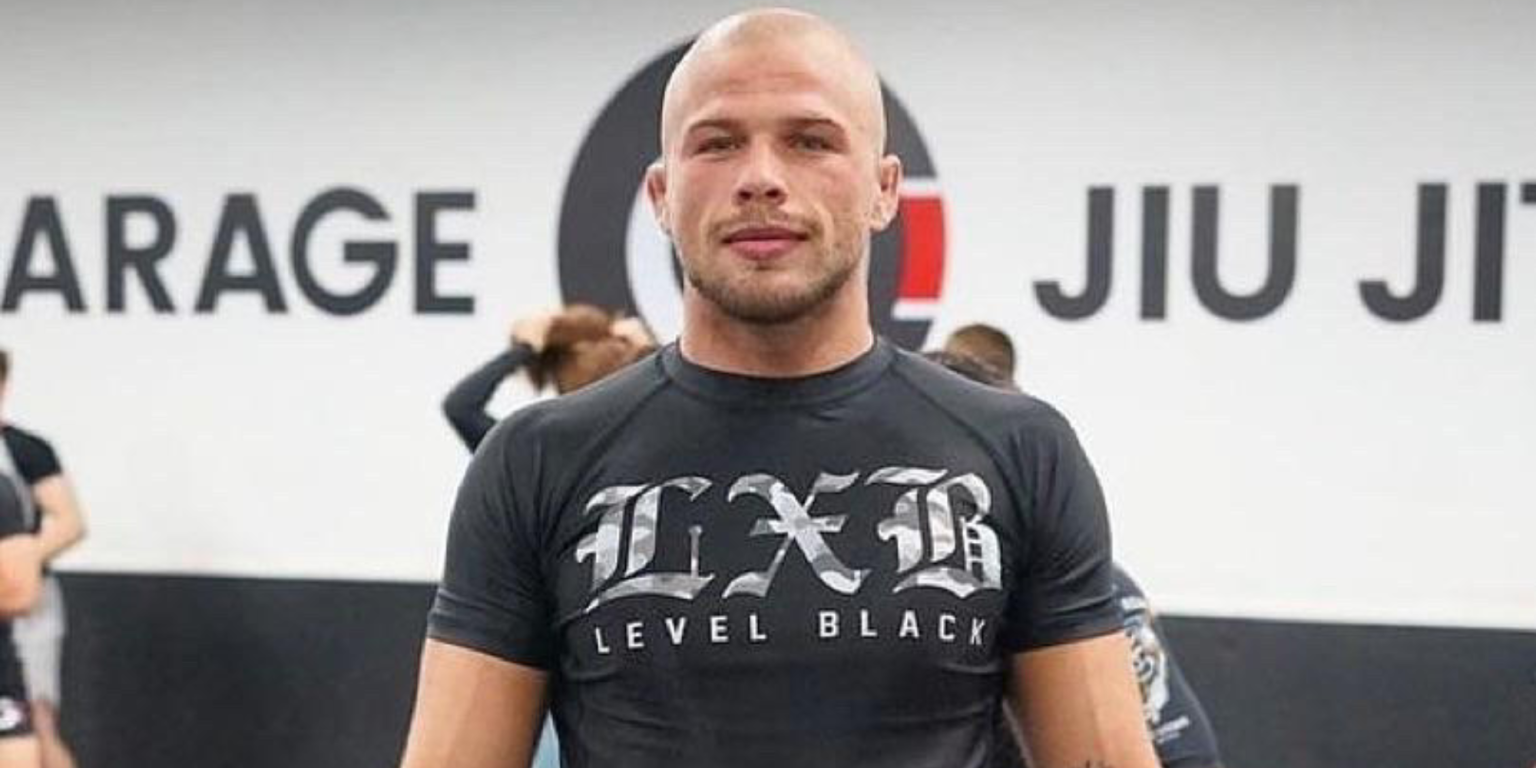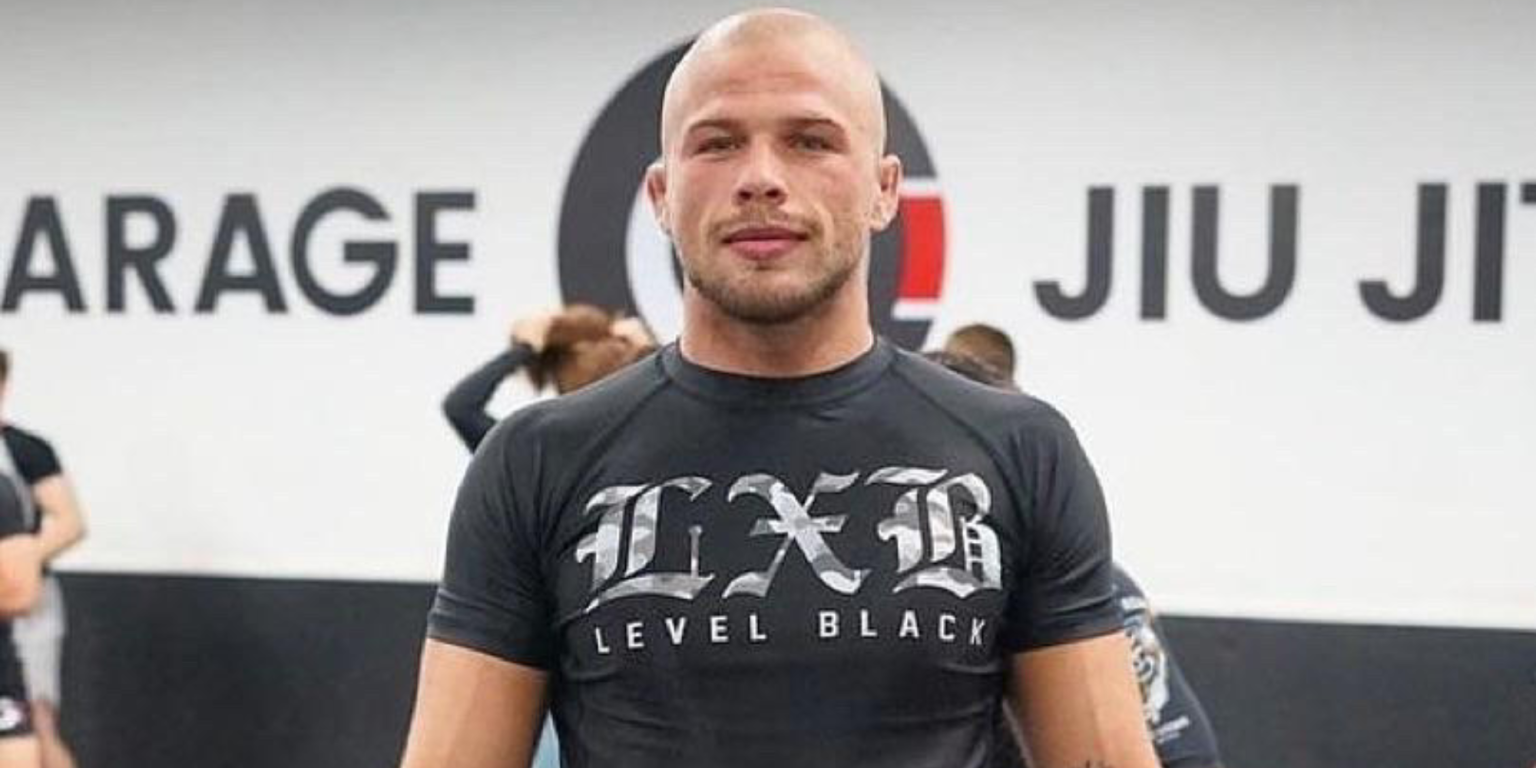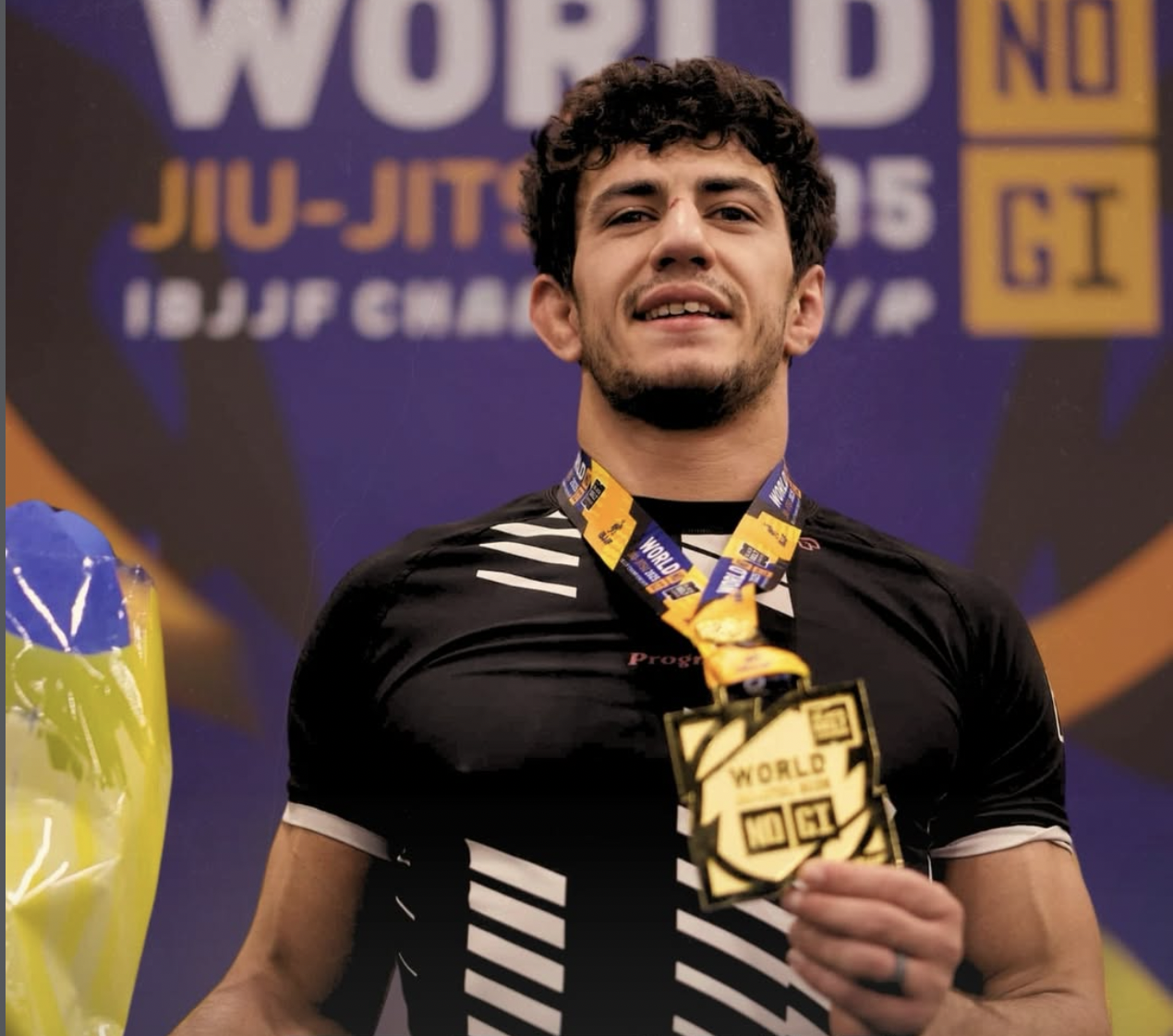The B-Team’s Craig Jones and Australian grappling legend Kit Dale recently sat down for a candid conversation about the current state of competitive jiu-jitsu – and their discussion centered around how modern rulesets are failing to deliver the excitement fans crave.
The conversation focused heavily on Kit Dale’s recent match against Vagner Rocha, with both grapplers agreeing that CJI’s innovative ruleset and round structure could have completely transformed what many viewers found to be a lackluster affair.
“Look, under traditional rules, you get these stalling matches where nobody wants to engage,” Jones explained, referencing the ongoing debate about how current competition formats often reward defensive play over aggressive grappling.
Dale, who was directly involved in the match in question, didn’t shy away from the criticism. The discussion highlighted how CJI’s approach to scoring and time limits creates urgency that forces action – something that could have made his bout with Rocha far more entertaining for fans.
The timing of this conversation is particularly relevant as CJI 2 approaches, with Jones continuing to position his tournament as the solution to grappling’s entertainment problem. With recent announcements about weight class tournaments and high-profile matchups, CJI is clearly trying to address exactly the issues Dale and Jones discussed.
This isn’t the first time Jones has been vocal about ruleset problems in competitive grappling. His criticism of traditional tournament structures has been a driving force behind CJI’s rule innovations, which prioritize action and finishing over point accumulation.
For Dale, who has always been known for his entertaining style and willingness to engage, the conversation represents a broader frustration with how modern competition can stifle the very qualities that make jiu-jitsu exciting to watch.
As the grappling world continues to evolve, discussions like this between respected competitors highlight the ongoing tension between traditional competition formats and the need to create compelling entertainment for growing audiences.
